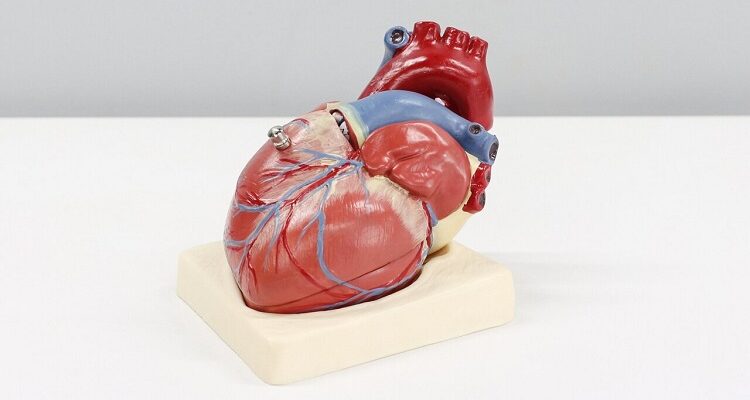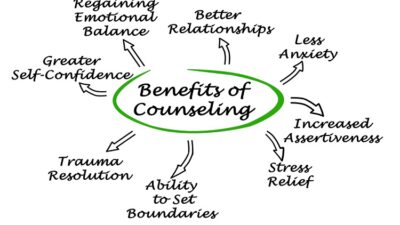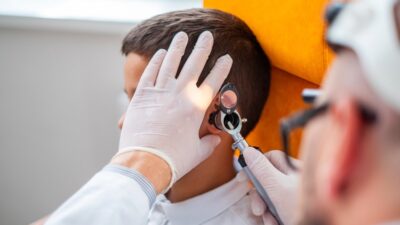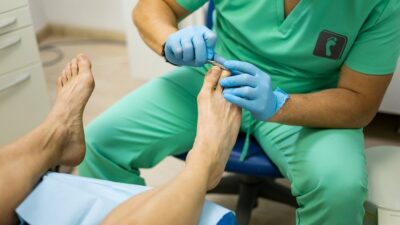Atrial fibrillation is a heart condition characterized by an irregular heartbeat. Upper East Side atrial fibrillation occurs when the two upper heart chambers, called atria, are not in sync with the lower chambers of your heart. The condition increases your risk of heart attack or stroke if left untreated.
Table of Contents
Causes
When your heart’s tissues are damaged or electrical signals malfunction, your heart may not beat normally. Such situations can occur as a result of heart diseases or chronic health problems, which include:
- Heart valve disease
- Coronary artery disease (clogged arteries)
- High blood pressure
- Cardiomyopathy (heart muscle disease)
- Hyperthyroidism
- Myocarditis (inflamed heart muscle)
Symptoms
If you have atrial fibrillation, you can experience symptoms that include fatigue, chest pain, difficulty breathing, heart palpitations, and dizziness or fainting. Once you observe such changes in your body, it is important to contact your healthcare provider for evaluation and treatment.
Treatment options
During your appointment, your doctor will review your medical history and run various tests including an echocardiogram to identify the cause of your condition. With the reason in mind, they can create an individualized treatment plan to alleviate your symptoms. The following are common treatment methods for atrial fibrillation.
Lifestyle changes
Your daily routine, including the foods you consume and your physical activity level, can affect the health of your heart. Eating foods that promote a healthy heart will promote a healthy heartbeat because your muscles will be strong and healthy. Foods to incorporate into your diet include unprocessed lean meats, legumes, eggs, omega-3 fatty acids, and plenty of fresh fruits and vegetables.
If you lead a sedentary lifestyle, you risk developing chronic health issues like diabetes and high blood pressure. Regular exercise can help you minimize the effects and symptoms of such conditions. Combine both strength training and aerobic exercises into your regimen.
Drinking enough water and getting enough sleep can reduce your chances of getting heart palpitations. Dehydration thickens your blood, making it difficult for your heart to pump. When you drink enough water, your blood becomes lighter and easier to transport. Lack of enough sleep or disrupted sleep puts you at risk of irregular heartbeat.
Medications
Since your heartbeat is irregular, you can easily get blood clots leading to a stroke. Your specialist can prescribe medication to regulate your heartbeat and prevent blood clots. You might receive prescriptions for diseases like high blood pressure and high cholesterol, depending on your condition. Common medications include calcium channel blockers and beta blockers.
Minimally invasive procedures
If you have severe heart arrhythmia, your specialist might recommend minimally invasive surgeries to regulate your heartbeat. The goals of the procedures are to restore a normal heart rhythm, prevent blood clots, and eliminate faulty electrical issues. The procedures include catheter ablation, cardioversion, left atrial appendage, and pacemaker implantation.
If you experience chest pain or fatigue accompanied by heart palpitations, visit Upper East Side Cardiology for treatment. The available specialist and staff will review your symptoms and perform a physical examination and diagnostic tests before giving you a treatment plan. Call or book your appointment online to receive expert care.










Comments